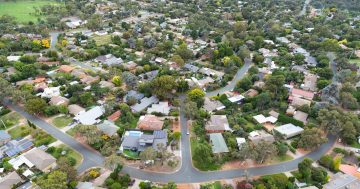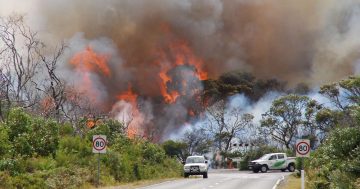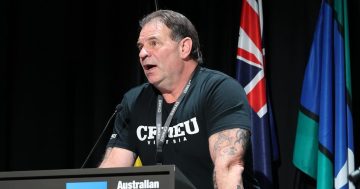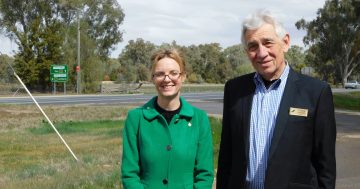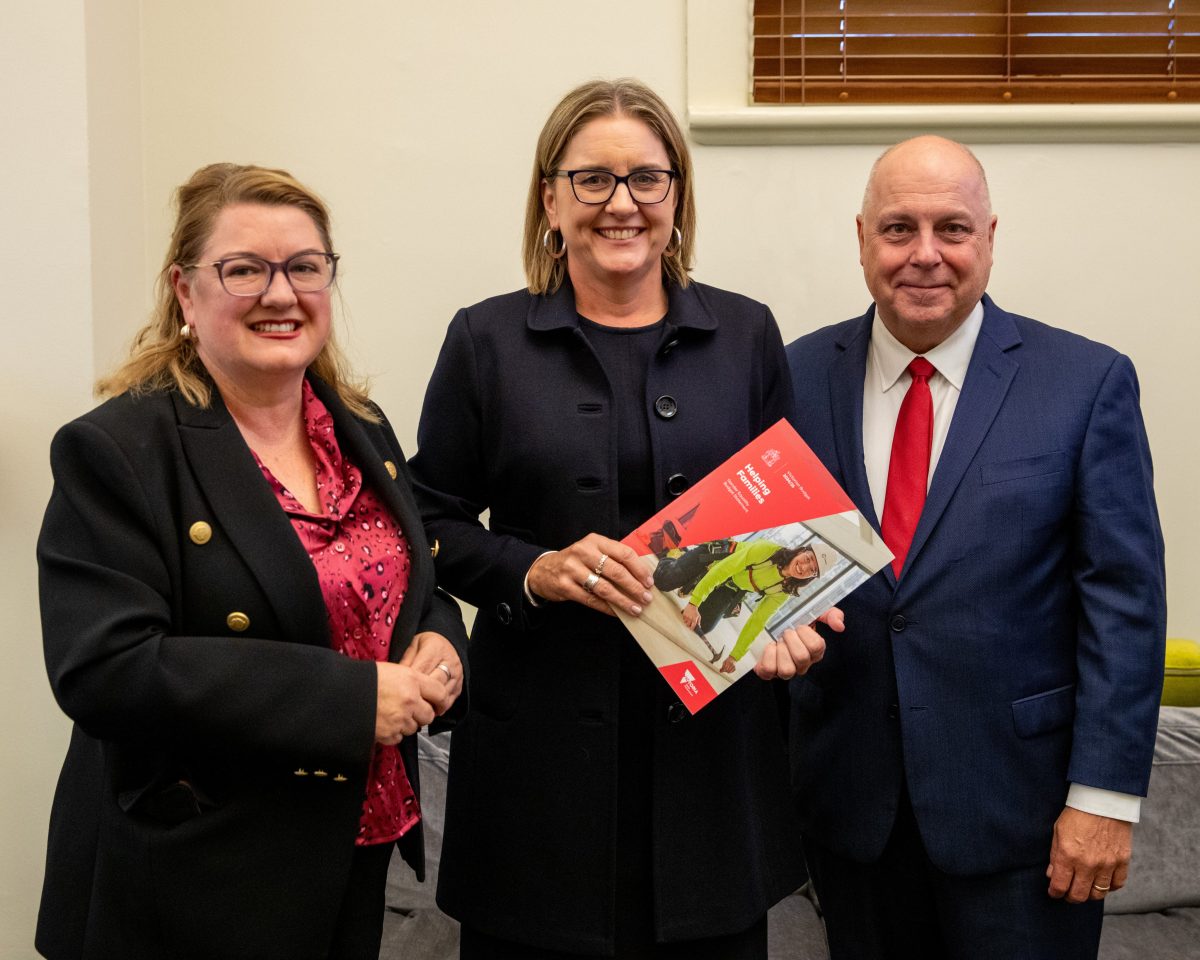
Minister for Women Natalie Hutchins, Premier Jacinta Allan and Treasurer Tim Pallas announced Victoria would become the first jurisdiction in Australia to make gender responsive budgeting law. Photo: X/@timpallas.
In a state budget shaped by difficult economic conditions, the Victorian Government’s plan for the coming financial year has generated a wide variety of opinion.
The first announcement laid out was a $287 million package providing $400 in support for every child at government schools, and eligible concession cardholders at non-government schools.
This one-off ‘School Saving Bonus’ softened the blow of some of the revelations within the 2024-25 State Budget, including a $2.2 billion deficit, delays to several large infrastructure projects and the cancellation of the COVID-era sick pay guarantee for casual workers.
While the cost-of-living support to families was seen as a welcome relief, social justice organisation The Brotherhood of St. Laurence, said it was disappointed in the lack of systemic reform.
“Long-term investment and reform – particularly in areas like the early years, education, mental health and employment – offer greater returns over the long run for all Victorians, particularly those experiencing poverty and disadvantage,” wrote the Brotherhood in its response to the budget.
The Victorian Chamber of Commerce and Industry welcomed the budget as it placed no new taxes on business – their number one advocacy priority.
The state has however asked ratepayers to contribute more through its levies on fire services and waste, which the Opposition claims will hit regional households the most and proves Labor’s “decade of financial mismanagement” will go on.
Community Housing Industry Association Victoria (CHIA Vic) said the budget provided some small wins for housing, but much more social housing was required to ease the state’s crisis.
“We’ve seen through the first round of the Commonwealth’s Housing Australia Future Fund that Victoria’s community housing sector is raring to go with more projects than will likely be funded,” said CHIA Victoria chief executive Sarah Toohey. “We need to see the State Government step up with funding to ensure these projects are built.”
The Greens called it a “do-nothing” budget and suggested more taxes for the financial sector so the government could better fund housing and cost-of-living relief.
Housing for the Aged Action Group thanked the State Government for its new $7.8 million Rental Stress Support Package, which they will share with other organisations to support more than 80,000 Victorians over 55 who are renting and living in a lower income household.
While the Council to Homeless Persons said the budget provided some relief with critical funding for frontline homelessness services, its CEO Deborah Di Natale urged the government to detail how it would reduce waitlists for public and community housing when new funding for the social housing pipeline dried up on 30 June.
Sexual Assault Services Victoria was disappointed many of its demands were not met by the budget.
No funding was provided for a long promised sexual violence strategy, or broad legal and justice system reform. It was also dismayed by the lack of details on new funding for sexual assault services and the peak body itself.
Another major disappointment was the lack of investment in mental health, which was raised by the Royal Australian and New Zealand College of Psychiatrists and other peak mental health organisations.
VMIAC and SHARC told the state of their extreme disappointment regarding the failure to deliver on its promise to implement a key recommendation from the Royal Commission into Victoria’s Mental Health System. Recommendation 29 called for the establishment of a consumer lived experience agency, which they claim is 18 months overdue and a critical part of the new mental health system with no funding.
The Royal Australian College of General Practitioners Victoria Chair Dr Anita Munoz said while any investment in general practice care was always welcome, the government’s $10 million to support GPs would not save them from the patient tax.
“It’s like putting a Band-Aid on a patient who’s lost both their legs,” said Dr Munoz. “The government knows practices can’t afford the state’s extra payroll tax, and neither can their patients.”
Looking at the environment, Landcare Victoria was disappointed there was no new funding for its facilitators and regional coordinators – whose contracts are due to end in June next year.
Environmental network, Friends of the Earth (FoE), largely welcomed the energy measures, rehabilitation of former mines, and commitments to finish the Metro Tunnel and transition away from native forest logging.
However, the network was deeply concerned by the establishment of a ‘timber byproducts’ framework, and failure to deliver more public transport to the rapidly expanding outer western suburbs of Melbourne. FoE was especially troubled to see the windup of the Latrobe Valley Authority, which played a major role in facilitating the closure of the Hazelwood power station.
Community organiser Wendy Farmer said the last budget stressed the importance of the authority’s continued work, including the Ladder Step Up and Inclusive Employment Worker Transition programs.
“With three coal-fired power stations yet to close, we must ask what happens now to the Latrobe Valley and Gippsland Transition plan that the Victorian Government so proudly invested in,” said Ms Farmer. “What happens now to ensure affected workers and their communities are assisted through continued uncertainty?”



